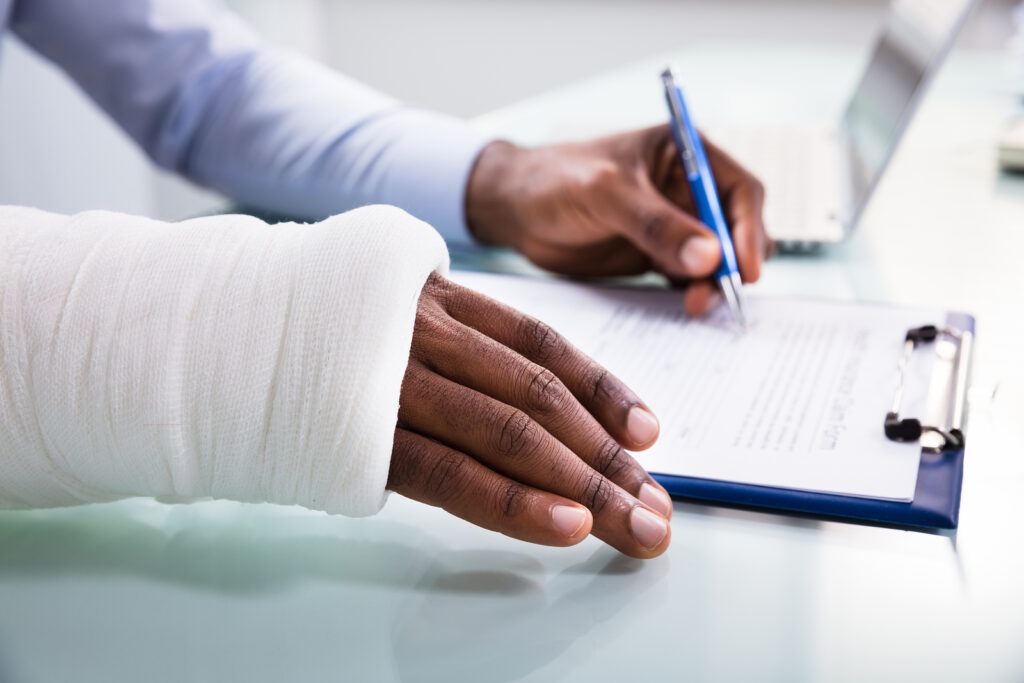To safeguard people’s rights and guarantee fair trials, the legal system depends on legal representation. Navigating the legal system can be challenging for those who are unfamiliar with legal statutes, procedures, and terminology. To protect your rights, mount a strong defense, and ensure justice, you need an experienced attorney. Clients can select legal representation by being aware of the significance of courtroom representation.
Lawyers are crucial in court because of their knowledge and experience. The complicated laws, rules, and processes of the legal system might be too complicated for the average person to comprehend. Attorneys have received years of training, have studied the law, and are familiar with the operation of the legal system. They comprehend procedural procedures, filing deadlines, and court regulations, all of which are essential to the presentation of a case. Your case can be significantly impacted by the training and experience of the attorney you select to represent you in court.
Attorneys can present your case in court because they are skilled and persuasive advocates. Effective advocacy is crucial to the outcome of any legal proceeding, including criminal, civil, and family court trials. In order to refute conflicting evidence, lawyers are trained to present facts, construct logical arguments, and cross-examine witnesses. They are excellent at emphasizing the positive aspects of your case while downplaying its negative aspects. Making a strong case requires communication with judges, jurors, and opposing attorneys.
A key component of legal aid is the protection of your rights. You might not be aware of your legal rights or how to defend them in court if you don’t have legal representation. Throughout the court proceedings, attorneys defend the rights of their clients. Individuals can avoid self-incrimination in criminal proceedings, argue for the removal of statements made without legal counsel, and reject evidence that was obtained illegally. In civil cases, they can ensure due process and fairness. You run the risk of losing your rights or making poor choices if you don’t have a lawyer.
During a frightening and stressful process, legal counsel provides direction and support. Whether the issue is personal freedom, financial stability, or family connections, court hearings can be stressful and high-stakes. You can rest easy knowing that a qualified attorney is protecting your rights. Attorneys respond to questions, guide you through court, and suggest the best course of action. With this assistance, you can manage court proceedings emotionally and make well-informed decisions.
Lawyers represent clients in court and negotiate settlements. Many legal disputes are resolved out of court through mediation or discussion. Avoid the cost, trouble, and time commitment of a trial by hiring a skilled lawyer to negotiate a reasonable settlement. They are able to assess your case, forecast your success in court, and bargain for advantageous conditions. To negotiate, a lawyer needs to have strong communication skills, legal knowledge, and experience with similar cases.
Having legal counsel is essential for criminal defendants. Employment and other facets of life may be impacted by jail time, fines, and a permanent criminal record. By carefully examining the evidence, pointing out the shortcomings of the prosecution, and arguing for fewer charges or harsher sentences, criminal defense attorneys can put up a strong defense. Plea agreements that reduce charges or alter penalties can also be arranged by them. Due to their disadvantage, criminal defendants may require legal assistance in order to defend themselves.
Legal representation is essential in civil cases involving significant financial or personal challenges. Legal counsel may be beneficial in a lawsuit, damage claim, or contractual dispute. A lawyer can help you understand your rights, present a strong case, and defend yourself in court because civil matters can be complex. They can help you with discovery, trial preparation, and evidence collection. Without legal counsel, presenting your case could be challenging and lead to a negative outcome.
To protect your rights and guarantee a just outcome, legal counsel is crucial in divorce, child custody, and support cases. During delicate and trying family law proceedings, a family lawyer can provide unbiased advice and support. They are able to draft legally binding contracts, negotiate custody agreements, and represent you in court. A lawyer can keep arguments from getting worse and safeguard the children’s best interests.
In summary, legal representation is essential during court proceedings. One needs the expertise, assistance, advocacy, and protection of one’s rights of attorneys in order to navigate the legal system. In criminal, civil, and family law cases, a professional attorney increases your chances of success and defends your rights. A qualified advocate who understands the law, is committed to your success, and can make a strong case is necessary for legal representation.








